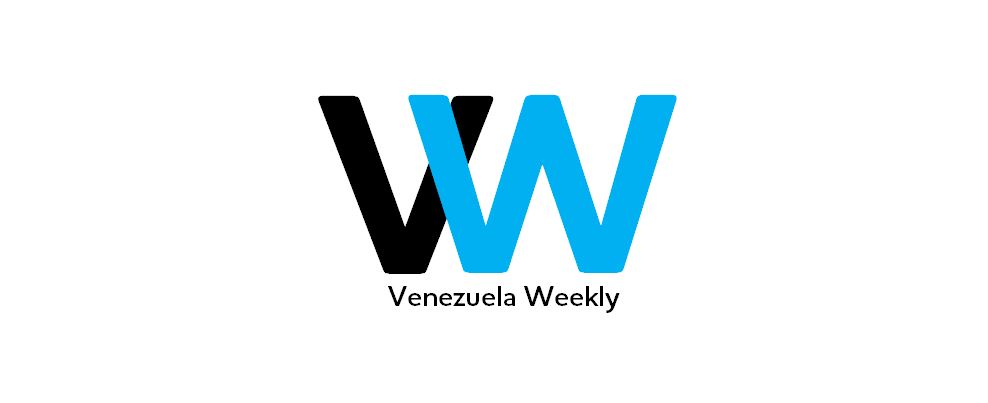A few months before the U.S. presidential elections Democrats are discussing potential policy changes regarding Venezuela if their candidate were to win. According to the party platform, a Biden administration would review sectoral sanctions and seek “more effective diplomacy,” as well as give “temporary protected status” to Venezuelan refugees in the U.S. (See also the Americas Quarterly article by Biden advisor Juan Gonzalez.)
- In an opinion piece for CNN.com, President of the Open Society Foundations Patrick Gaspard said U.S. economic sanctions are partially responsible for the humanitarian disaster in the country. He argues that the U.S. should review the sanctions on Venezuela, encourage active engagement of the United Nations, and seek international consensus on a minimum consensus that could prevent famine.
- On the one-year anniversary of the U.S. House of Representatives passing Temporary Protected Status for Venezuelans, fifty organizations released a statement urging the Senate to take up the bill.
- The Trump Administration, however, is in a holding pattern with Venezuela policy. Last week, Ambassador James Story reiterated that the U.S. was willing to engage in some sort of contact with the Maduro regime regarding a succession process, and the U.S. Special Representative for Venezuela Elliott Abrams said that the only thing the U.S. would discuss with Maduro is the details of his departure.
Norwegians visit
- A delegation of Norwegian diplomats visited Venezuela over the weekend. Dag Nylander said the purpose of the trip was to update their understanding of the political and health crisis. His tweet was preceded by statement from the Guaidó-led opposition stating that “the mediation process conducted by the Kingdom of Norway ended last year.” No major breakthroughs resulted from the visit.
Elections
- Benigno Alarcón gives a detailed portrait of the strategic dilemmas facing the Venezuelan opposition.
- Temir Porras portrays a conflict whose solution is impeded by the maximalist visions of each side.
- Venezuela’s “shadow opposition” created in the push to displace the majority opposition led by Juan Guaidó, is having a hard time finding candidates to run for the National Assembly elections.
- The National Electoral Council eliminated direct election of indigenous deputies to the National Assembly in favor of a system of delegates who will vote in the name of indigenous communities. Critics say this violates numerous articles of the Constitution.
- An NPR report underlines the looming dilemma for the international community regarding recognition of Juan Guaidó if the opposition abstains from elections and lets Guaidó’s constitutional mandate end.
Covid-19
- According to the latest announcements by Venezuelan authorities, the country has 16,571 cases of COVID-19, of which 151 have died. The government’s new measures to tackle the virus, include road barricades to lower transit. In general, the government’s policies are implemented partially.
- Deputy Luis Parra whom the government of Maduro recognizes as the president of the National Assembly, left the intensive care after a week, but remains hospitalized. Venezuelan Oil Minister Tareck El Aissami assured that he has recovered from COVID-19, but he has not been seen in public. President of the National Constituent Assembly Diosdado Cabello said on Twitter last week that he is in the process of recovery but there is little information about his state of health.
- OXFAM has made an urgent call to the countries that have indigenous populations, including Venezuela, to take special measures.
Humanitarian Aid
- The U.N. Refugee Agency (UNHCR) said it is stepping up its efforts in Brazil to protect refugees and migrants from Venezuela and their host communities, as Brazil fights against the COVID-19.
- UNCHR announced that it received a significant contribution of seven million Euros from the European Union Humanitarian Aid department to support Venezuelan refugees and migrants in Latin America and the Caribbean.
- Juan Guaidó reported that 20 million dollars had been transferred to the Pan American Health Organization and the Red Cross to provide protective equipment for health care workers fighting COVID-19.
- WOLA published a video calling for deepening of humanitarian collaboration.
- The Inter-religious Social Forum (FIS), an instance between religious communities and organizations, asked the government to concede entry to the World Food Program, as the country faces a severe humanitarian crisis.
- 40 tons of cancer treatments arrived in Venezuela from India on Venezuela’s state airline. The Venezuelan Institute of Social Security will be in charge of the distribution of the treatment.
Protests
- For the second time in a month the National Guard killed a man participating in protests against fuel shortages in Venezuela’s interior. The incident happened in the city Aragua de Barcelona, Anzoátegui state.


